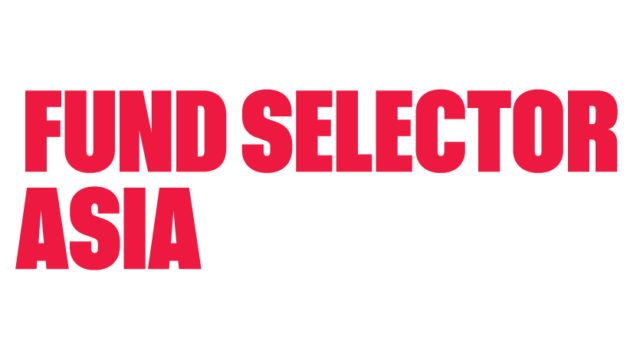A majority of respondents (74%) in the global survey of institutional investors favoured emerging Asia, followed by North America (10%) and developed Asia (7%).
The study was done by Pyramis Global Advisors, a Fidelity Investments company.
The survey also revealed the active management preferences of Asian institutional investors, with 93% of them preferring to increase their allocation to equities in the near term. Only 58% of them would increase fixed income allocation.
Pyramis surveyed 811 investors during June-July from 22 countries, including 128 from Asia.
Confidence riding high
Confidence among Asian institutional investors is currently riding high.
Nearly 99% of the respondents believe they can achieve their target returns in five years, which is higher than the average among their global counterparts (91%).
Asia ex-Japan was the only region in the world where institutional investors expected a double-digit return (10.94%).
“This optimistic perspective from the highly-sophisticated institutional investing community in Asia speaks directly to the significant investment potential in this part of the world over the next several years,” said Mike Nikou, managing director for Singapore and Southeast Asia at Fidelity Worldwide Investment.
More than three-fourths of the sampled Asian institutions outside Japan are typically looking for growth, listing it as their primary investment objective. This is triple the average global level (25%).
For institutions in Japan, capital growth (35%) and preservation (35%) are equally important.
Regulatory changes a concern
For Asian institutions, regulatory changes are more of a concern than volatility. Regulatory changes (30%) are considered the biggest risk for Asian ex-Japan institutions followed by geopolitical (22%) and longevity risks (15%).
This compares with the global view where volatility (22%) is regarded as the top concern.
A majority 93% of Asia ex-Japan institutions expect volatility to decrease, while only 6% expect an increase in volatility.

















